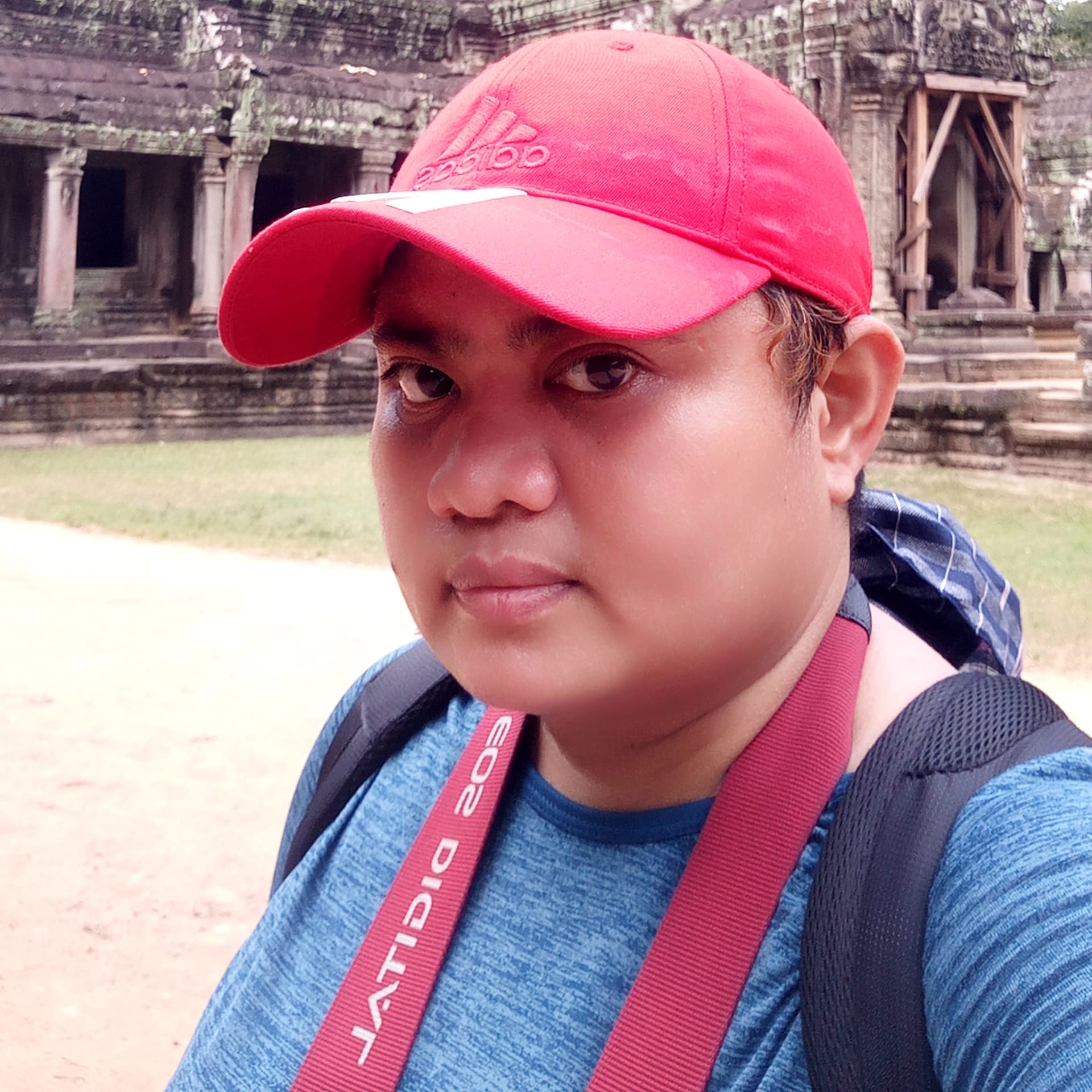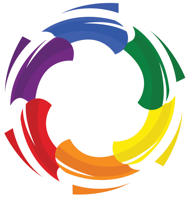Reflections about the ASEAN Queer Leadership Week

Out of more than a hundred who applied and subjected to several steps of screening, only 10 from different ASEAN countries passed. All leaders in their own organizations coming from, Cambodia, Indonesia, Malaysia, Myanmar, Singapore, Philippines and Vietnam, coming from the different spectrum of the rainbow.
Who are we as leaders and how we emerged as such came from care. We did not simply jump up the moment we saw injustice.We first cared, sympathized and empathized with those who suffered. We did not volunteer to work for our organizations because we wanted to be either recognized or become heroes; we felt empathy for those who suffered from discrimination and violence, and wanted to give more than our normal existence could. Caring not only about the people that we serve but caring also for those who we work with.
Caring not only for the greater movement that we want to create but also caring for our own well-being. We care because in our hearts we know that something is wrong with the present system and something has to be done. We also need to take care of those who we work with and ourselves because we know this is a long struggle and we would want to see it come to fruition.
From different countries and cultures emerged similar cultures. The culture of studying our own society, working for the greater good, being responsible activists, being accountable for our actions and the need to serve the people.
We also learned that a lot of activities does not necessarily a social movement make. We need to work for a common goal reaching out to the majority of the population, be more inclusive of all the different spectrums not only of persons of diverse SOGIESC but of people from different cultures and economic classes. We need to expand our view of how we situate our struggle for equality as LGBTIQ to the bigger struggle of the people for economic equality or national independence. How do we situate the discrimination and crackdown of the governments of Malaysia and Indonesia on persons of diverse SOGIESC to the struggle of the LGBTIQ movements for social equality in countries like the Philippines and Cambodia who are more tolerant of the movement? How do we make our national struggles relevant to the regional struggle of our brothers and sisters?
Learning from the stories of those who came before us is enriching and inspiring. How these leaders struggled with their own selves for economic sustenance yet keep working for the movement, how they battled themselves through disillusionment back to being inspiring people in the struggle and how they got back up from having rest at some moment in their lives. I learned that it is not the many times that we fell that define us; it is the many times that we got back up and fought again that make us stronger.
I went to AQLW free of any expectation only armed with the need to learn. I came home with two key insights, we are not separate from the struggles of our brothers and sisters in the region.
We in the Philippines might be “freer” but it doesn’t mean that we don’t continue fighting against state repression of persons of diverse sogies in the region. If LGBTIQ organizations could organize despite the violence they face all the more that we make our movement in the Philippines stronger and bigger, to stand up for those who can’t in our country but also to stand in solidarity with those in repressed states. I also came home assured that despite my short history in LGBT organizing I can be confident about my long history in activism - the struggle for gender equality is part and contributory to the national democratic struggle. I may have stopped for several years in activism but the important lesson is I got back up, rest if we must but never quit.
Irish was a student activist in the 90’s, now an LGBT activist and serving as Vice President of Iloilo Pride Team in the Philippines. She uses photography both as a hobby and as a tool for activism. Follower her on Twitter via @minoceto.
